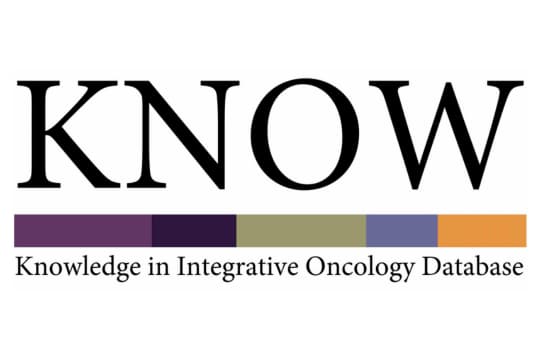Small group meetings of people facing similar challenges help many people in managing distress and side effects of cancer treatments.
Are you a health professional?
This section does not replicate the other information on this topic but provides additional details or context most relevant to professionals.
Referring patients to support groups
Considering that support groups can be quite helpful to improve the experience of living with cancer, you may wish to refer your patients to cancer support groups offered by credible organizations. A large survey found that almost a quarter of cancer survivors engaged in support groups. However, the percentage of participants reporting that their physician recommended a support group was low—10.2%.1Owen JE, Goldstein MS, Lee JH, Breen N, Rowland JH. Use of health-related and cancer-specific support groups among adult cancer survivors. Cancer. 2007 Jun 15;109(12):2580-9.
If you don’t have time to vet groups for quality and credibility, consider having an oncology social worker, nurse or navigator speak with your patient and help them identify a group that’s a good fit.
Can support groups and interventions promote behavior change?
Preliminary evidencesignificant effects in small or poorly designed clinical studies OR conflicting results in adequate studies but a preponderance of evidence of an effect (this is the CancerChoices definition; other researchers and studies may define this differently) of behavior change among people participating in one-on-one peer support, and mixed evidence of changes in health-related behavior among people participating in an online forum with peer support
- One-on-one peer support: Higher self-reported levels of exercise (the goal of the intervention) at 3 months among men with localized prostate cancer participating in monthly telephone-based group peer support for 6 months supported by self-management materials and exercise equipment compared to usual care in a mid-sized RCTrandomized controlled trial, a study design in which people are randomly assigned to either an experimental group or a control group to compare the outcomes from different treatments; an RCT is considered a strong design for determining a therapy’s effects2Galvão DA, Newton RU et al. Randomized controlled trial of a peer led multimodal intervention for men with prostate cancer to increase exercise participation. Psycho-oncology. 2018 Jan;27(1):199-207.
- Web-based education and support group: higher rates of fecal occult blood testing but no evidence of an effectoverall, one or more studies did not demonstrate that a treatment or intervention led to an expected outcome; this does not always mean that there is no effect in clinical practice, but that the studies may have been underpowered (too few participants) or poorly designed. Larger, well-designed studies provide more confidence in making assessments. on colorectal cancer screening among members of an online weight-loss community who were not up-to-date with colorectal cancer screening receiving an intervention of education, narratives, and peer support for screening in online forums compared to education alone in a mid-sized RCT; only 57% of those in the enhanced group (education and peer support teams) joined the online team3Hwang KO, Ottenbacher AJ et al. Online narratives and peer support for colorectal cancer screening: a pilot randomized trial. American Journal of Preventive Medicine. 2013 Jul;45(1):98-107.
Helpful link for professionals

Subscription required
Health professional comment
We invite health professionals to contribute expertise or send us questions.
"*" indicates required fields
References
